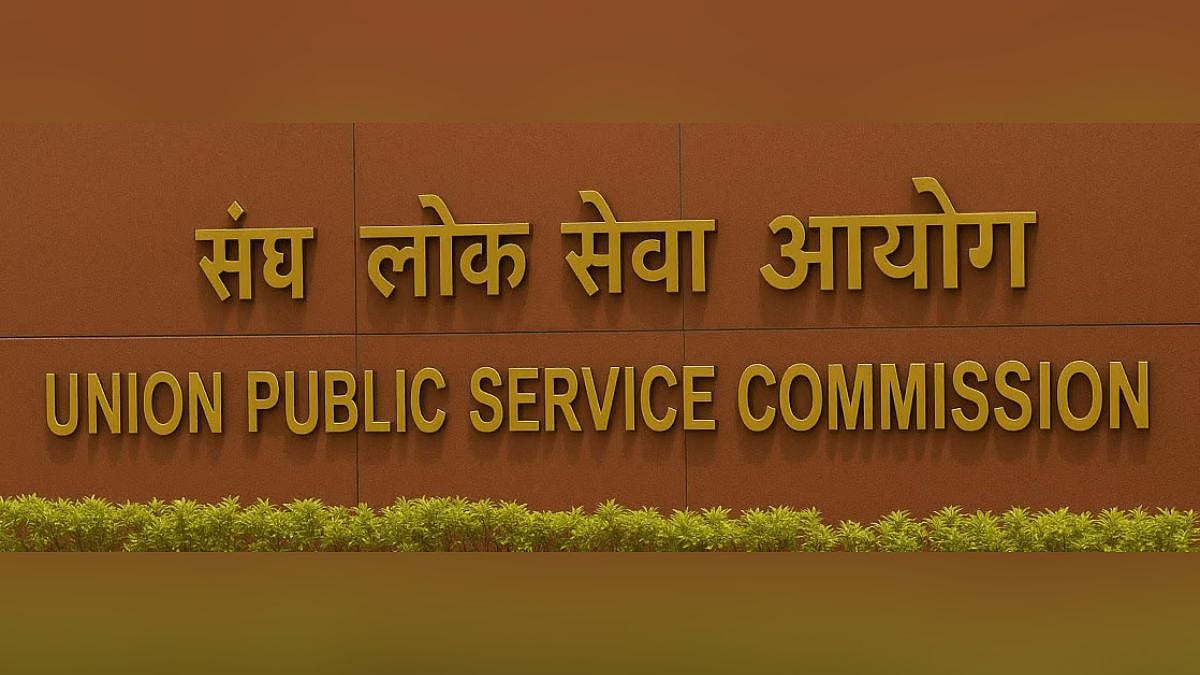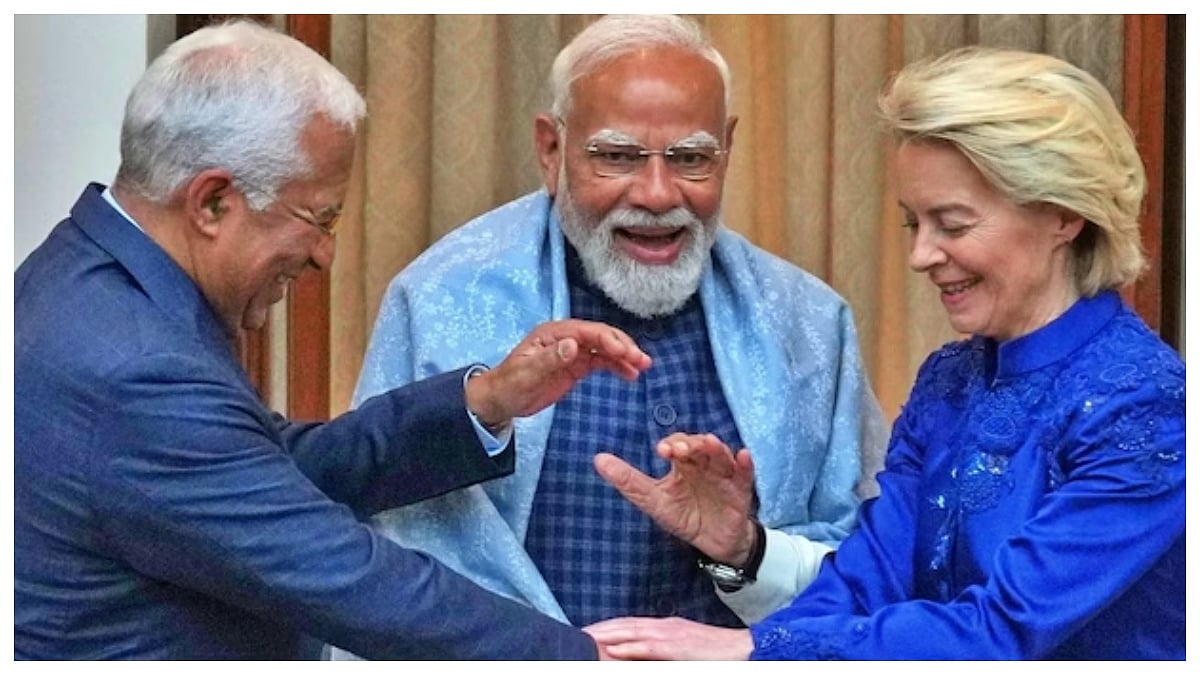It is that time of the year again. No, not the winter haze with bad air, enough has been said in these columns about that; but that time when the world’s leaders gear up to display their commitment to bringing down emissions, sign deals and pretend to be deeply concerned about the worsening impacts of climate change. The annual Conference of Parties, or COP28 as this year’s edition is called, of the United Nations Framework Convention on Climate Change is set to roll out in Dubai from November 30.
We, in mega cities around the world that both contribute massively to climate change and suffer its worst impact, should pay close attention. Mumbai ranks among the world’s cities that will be most affected in the years to come. Air pollution exposure was linked to nearly 1,00,000 excess premature deaths in eight cities — Mumbai, Bangalore, Kolkata, Hyderabad, Chennai, Surat, Pune and Ahmedabad — between 2005 and 2018, according to a study. A State Bank of India report earlier this year pegged the losses from unseasonal heavy rain in Bengaluru, Gurugram and Mumbai besides other cities in north India to be in the region of ₹10,000 to ₹15,000 crore. The link between what we see and suffer on the ground and the agreements reached at the very apex of climate negotiations is an important one.
This edition of COP is pretty much a jamboree as in the previous years, with a mind-boggling array of events and discussions, official and unofficial, unfolding simultaneously and furious attempts made through the 10 days to conclude with a big bang announcement. The inside joke is that, whether the high-profile annual climate negotiations have yielded a better planet or not (they have not, despite the Paris Agreement), a cohort of professional COPpers has been formed after all these years — negotiators, scientists and researchers, media persons, activists and actionists, all of whom feel quite at home in the maze.
The last year’s edition in Sharm El Shaikh is considered a landmark one given that the first-ever Loss and Damage Fund was declared with the intention of supporting developing countries, which lack the resources and the institutional capacity to recover from climate events that are becoming more frequent and intense. A year later, the fine print on the Fund is still being put in place. The idea of such a Fund was floated first way back in 1991 but included in the official documentation only in 2007 during COP13. Even so, 16 years later, the intended recipients are yet to see the money. This is but one example of how the annual COP chugs along at its own pace, unhurried and unbothered by the increasing evidence of climate impact around the world. Why should COP28 be any different?
There is the obvious conflict of interest in Dubai, UAE — fuelled as it is by the fossil fuel-based economy — hosting a conference to address the impact of fossil fuel burning resulting in climate change; the state oil company, Abu Dhabi National Oil Company (ADNOC)’s CEO is the president of COP28 and will preside over the climate negotiations. The UN warned recently that the expansion plans of fossil fuel companies would blow the earth’s climate budget twice over which throws a huge question mark over the future of humanity itself. This COP also comes at the end of a year in which temperatures around the globe have soared and unseasonal rain has wreaked havoc in many countries or cities. This not only sounds dystopian, it is so.
Yet, there are slivers of hope. For one, the first Global Stocktake, or what’s called GST in international parlance and is distinct from what Indians understand with the three letters, will be placed on record. This is expected to provide a comprehensive assessment of the ‘progress’ that has happened on cutting down emissions and moving from fossil fuels to renewable sources of energy since the Paris Agreement. The GST will help to recognise the gaps and take measures to bridge them. How and when is best left to our hopes and imagination, given how the COP has dragged its feet over the Loss and Damage Fund.
Secondly, and this is of importance to us in cities, this COP will have city-level representation for the first time in a major and official capacity. This is significant because, as city governments around the world have come to realise, while cities tend to be hit with the most debilitating impact of climate change they have hardly had a voice at the high table of COP where national governments preside. National targets are critical but climate action plans or heat action plans and flood plans have to be prepared at the local city level, strategies zeroed in upon and finances found to take appropriate action in time. City representation was always important; it is being recognised now.
Thirdly, this year’s COP has two days devoted to discussing and deliberating the health impact of climate change which is also a significant step forward. Without taking away from the hardcore negotiations on climate targets, climate finance and so on, the day-to-day impact of climate change is on people’s livelihoods and health. Whether in cities such as Guwahati and Jorhat in Assam which saw massive floods this year crippling their infrastructure, or in New Delhi where both the heat level and flood level breached previous highs, or in Bengaluru and Gurugram and Mumbai where climate began to matter more than ever in the past, people suffered unprecedented physical and financial impact.
But not everyone suffered equally; the poor and vulnerable came up against a mountain they could not climb. This obvious distinction has led well-known French economist and author Thomas Piketty to flag off carbon inequality as one of the most pressing problems in the world today. “One of the big failures of the environmental movement so far has been that they tend to ignore the class dimension and social inequality. I find it very striking,” he stated recently. Arguing that the carbon footprints of the rich and poor around the world, whether in nations or cities, are not comparable, Piketty called for placing socio-economic class questions at the centre of climate negotiations.
Piketty hit the nail on its head. This should have been an obvious path to take for any international climate negotiation but there are no bets that COP28 will pretend as if climate impacts do not have class distinctions. Given its business-as-usual, or more-business-than-usual, approach with UAE-ADNOC heading the parade, there is hardly any space for any alternative framework, even if it is that of Piketty, to inform the negotiations. However, we must hope for some concrete and positive outcome. Watch this space.
Smruti Koppikar, senior journalist and urban chronicler, writes extensively on cities, development, gender, and the media. She is the Founder Editor of the award-winning journal ‘Question of Cities’.











